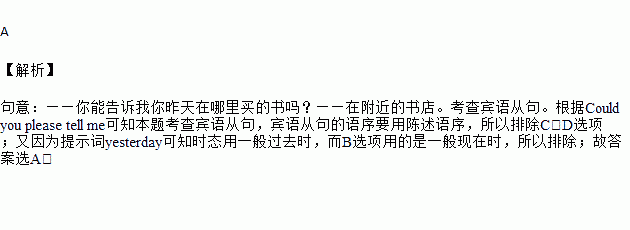题目内容
— Could you please tell me yesterday?
— In the bookshop nearby.
A.Where you bought the book B.Where you buy the book
C.Where did you buy the book D.Where do you buy the book
根据表格内容,写一篇不少于60词的短文,介绍你的好朋友。
姓名 | 大卫 | 国籍 | 英国 | 年龄 | 13 |
学校 | 育才中学 | 班级 | 七年15班 | ||
外表 | 身体强壮、小脸、大嘴巴、金色短发 | ||||
穿着 | 穿着棕色的夹克衫,灰色的裤子 |
要求:
1.内容必须包含提示的所有要点,可适当发挥,注意语言的多样性。
2..要求语句通顺、意思连贯、卷面整洁、书写规范。
3.文章不能出现考生的真实姓名。
________________________________________________________________________________________________________________________________________________________________________________________
________________________________________________________________________________________________________________________________________________________________________________________________________________________________________________________________________________________________________________________________________________________________________________________________________________________________________________________________________________________________________________________________________

